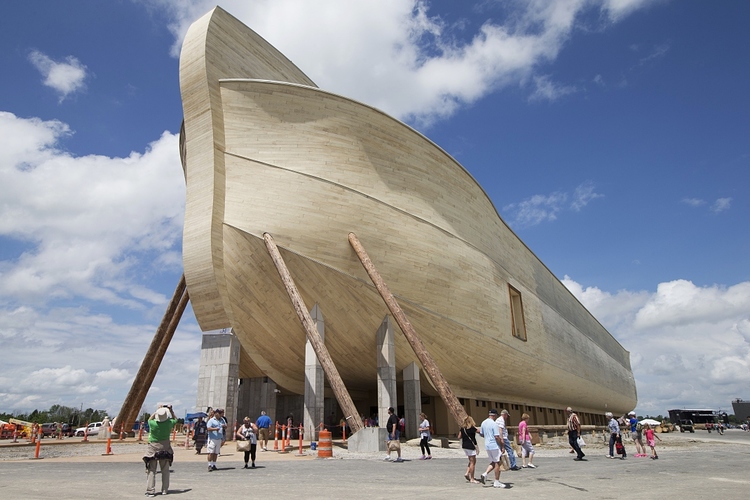Launched this fall, Dispatches is a new online radical journal edited by Gean Moreno and Natalia Zuluaga, with all articles published in both English and Spanish. In its inaugural issue, Angela Mitropoulos examines the concept of “lifeboat capitalism” in the context of climate change, migration, and not-quite-natural disasters. Here’s an excerpt:
Briefly, lifeboat capitalism is a theory of anthropological finitude that recalls Kant’s aesthetics of racial types. Yet it imbues those (racial) categories with a teleological concept of divine origins, catastrophic ends, and, not least, a theory of selective salvation propounded as a moral economy of “natural limits.” This is set within an eschatological narrative of the preservation-rebirth of a hierarchical eternal order through a “great tribulation.” It is, in other words, a theory of the disorder of “proper places.” It is counterrevolutionary and anti-evolutionary. On the one hand, it emphasizes an aesthetics of restoring property rights and entitlements, the hinge between a providential concept of economic liberalism (Smith) and one of apocalyptic conservatism (Malthus). On the other hand, it jettisons Darwin’s ateleological understanding of the unpredictable implications and advantages of diverse attributes in changing circumstances by reinstating a teleology of ideal, eternal properties within an eschatological account of catastrophe, emphasizing instead the necessity of the “reproductive isolation” of those (racial) properties as a condition of salvation. As a consequence, lifeboat capitalism treats the weather as unknowable but providential, and environmental disasters as “natural,” which is to say, as an implicit form of divine judgment or an “Act of God” …
The “lifeboat” analogy of national properties in apocalyptic circumstances, according to which discrimination is rationalized as a mechanism of conditional salvation, is neither narrow nor fringe. Since the late 1960s, conservative white Evangelicals have become the most significant and dependable political constituency of the Republican Party, and in particular, the Trump presidency. Given this constituency, lifeboat theology, and a great deal of pseudo-science that imbues statistical categories with eschatological meaning, has become an undeniable feature of conservative policy arguments. As Upamanyu Pablo Mukherjee has argued, the nineteenth-century British Empire’s treatment of “natural disasters” in the colonies may well be a predecessor to the contemporary triangulation of disasters, social inequality, and cultural forms. Yet the naturalization of disaster and the trope of the lifeboat have a broader history in the effort to retrieve a purportedly underlying or transcendent order from its perceived disarray—that is, the simultaneous instability and effort to restore the idea of proper places and properties, without which the circuit of capital and contract remains perilously open in all respects, and impossible to assign to a definitive owner.
Image via Dispatches.
